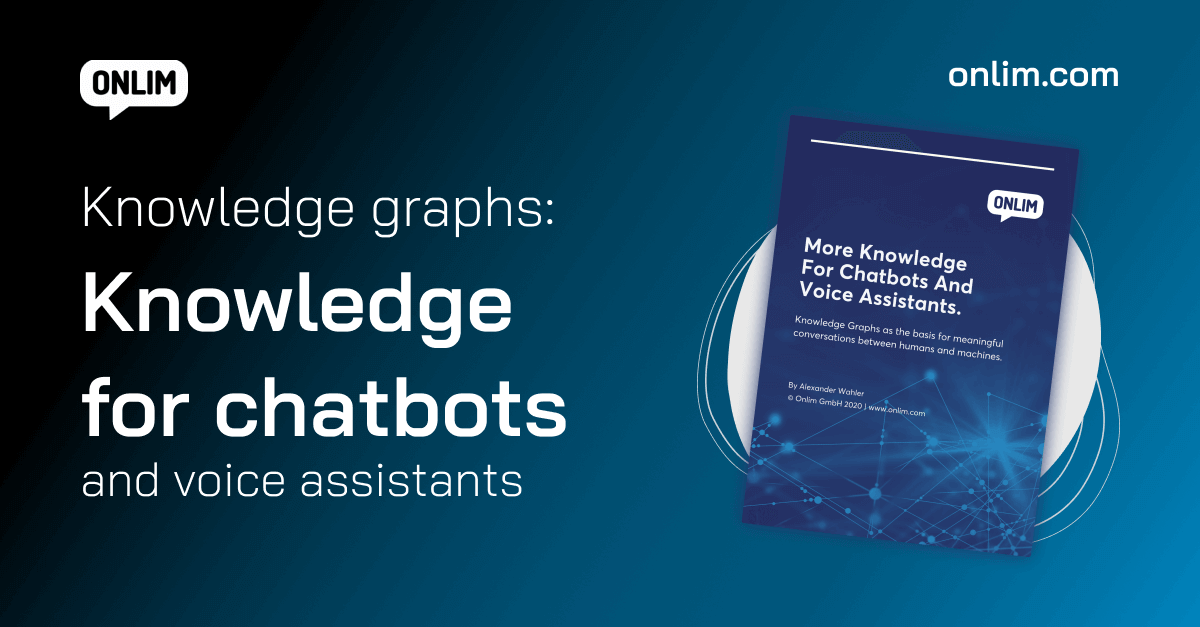Challenges & Opportunities of AI Technology in 2023
Artificial intelligence (AI) is one of the key technologies that help transform industries and solve many problems. Over the years, more and more technologies are using AI and machine learning algorithms.
With the advancement of AI technology, such as ChatGPT, and the development of AI solutions, some challenges are also emerging. The systems are far from perfected, which makes the progress exciting.
Let’s now take a closer look at the biggest challenges and opportunities of AI technology.
What are the biggest current challenges in AI technology?
1. The Hunt for AI Talents
According to a study by Statista, the global revenue forecast for companies in the AI sector in 2025 is $31,236.92 million. AI continues to grow steadily as more and more people accept the idea of artificial intelligence and its value is proven in this modern world of digitalisation.
The increasing demand for AI also means an increase in demand for AI technology developers. This is backed up by a report showing that Germany alone will be short 780,000 tech specialists by 2026.
This shortage of tech and thus also AI specialists represents one of the biggest AI technology challenges for companies in 2023 and in the future.
2. Established AI ethics
As great as artificial intelligence is, abuse from AI technology presents a challenge. AI has gone from a fictional subject to a reality. As such, it must abide by the rules that society has established.
For AI to be embedded in society’s value system, we need transparency of data and fairness of algorithms. If this is not guaranteed, ethical challenges arise around privacy, data control, discrimination, the world of work and the problem of truth.
Ethics need to be further discussed in the development of AI technologies. The possibilities to improve our lives with artificial intelligence are limitless if we do not forget about ethical aspects.
What are the biggest current opportunities for AI technology?
1. Support for IT systems
Information technology takes care of many needs in our fast-growing world. It makes our lives easier by developing systems that help us store, retrieve and process information. IT ensures that the technologies and devices we use are safe, efficient and work well.
However, many IT systems can still be improved. AI can help IT systems in many ways, such as creating layered security systems, identifying security threats, helping programmers write better code, ensuring quality and optimising servers.
2. Processing unstructured data
Unstructured data holds immense value for organisations. However, many organisations are unable to gain valuable insights from it because they cannot analyse the data with traditional systems. It cannot be stored in a relational database management system, so it is challenging to process and analyse. Unstructured data often includes audio and video files, images, text, web content, etc.
With the help of AI, companies can break down unstructured data, process it and store it as more easily understandable analytical data. This will make it easier for businesses to make informed and logical decisions.
3. Improving cybersecurity
Whether on private networks, cloud servers or social platforms, hackers will always exploit any vulnerabilities in systems if given the opportunity.
A study published in 2023 shows that 51% of all Austrian companies were victims of phishing attacks.
The use of artificial intelligence in cybersecurity can drastically improve security. This involves teaching AI patterns that hackers commonly use, thereby creating multi-layered security for systems.
4. AI tools for marketing
IT is not the only sector that can benefit from AI. Marketing is constantly finding new ways to attract the attention of potential customers and users. Companies need to find new solutions in dealing with their customers and use tools that help them run marketing campaigns more easily.
Chatbots, ChatGPT, AI image generators, social listening, AI cost management and virtual reality marketing tools are just some of the helpful existing tools that use AI. Using AI in other areas of marketing, for example to collect and analyse data, make automated decisions and target ideal audiences, will dramatically improve marketing efforts and save both human and financial resources.
5. Transparency
In the past, films have always portrayed AI as a malevolent and self-serving entity. This is because we knew next to nothing about AI. The idea of a form of technology that can think and learn for itself has been around for a while, but it has yet to become a reality. People tend to fear what they don’t understand. Hence, the negative portrayal of AI in films and books.
Today, AI is increasingly portrayed as a tool that makes life easier and accessible to anyone who owns a computer. The more people know about AI and the more trust is built around it, the more we will use AI technologies and overcome this challenge.
6. Integration to augmented intelligence
AI and data are important to gain an advantage in today’s world. They will also be part of a much larger scheme for process automation and modernisation.
Some multinationals are already taking a virtual approach to training simulations and board meetings, and using augmented reality to teach trainees. Of course, this not only benefits employees, but everyone else as well.
With the help of augmented intelligence, we are creating new ways to communicate, collaborate and even develop tools for our entertainment.
7. AI integration with the cloud
Cloud solutions are especially in demand these days. The cloud reduces the hassle of storing data and files on your device and allows it to be stored in online data centers, or better known as the ‘cloud’.
Integrating AI technology into cloud solutions makes many systems run faster. This is mainly because AI can sift through and manage the vast amounts of data in the cloud.
8. Improving Conversational AI
Imagine an e-commerce business. You have to deal with customer/client feedback, returns, transactions, upsells, concerns, etc. on a daily basis.
Conversational AI takes care of many of the day-to-day tasks that businesses have to deal with. Chatbots and voice assistants can accompany customers along the customer journey, answer frequently asked questions, provide assistance with problems, send reminders, offers or important messages, translate texts from different languages and more.
Learn more about the benefits of Conversational AI for businesses and customers here.
Conclusion
We are curious to see how AI will overcome these challenges and what other developments and new trends it will bring.
Nevertheless, we cannot ignore the fact that big changes often come with a dichotomy. In this case, we ask ourselves: is AI a good thing or a bad thing? Should we integrate it into our daily lives? What is the lesser evil, a world with or without AI?
As important as these questions may be, these decisions are rarely black or white. Change is inevitable. Let’s not give in to fear of the possibilities. Instead, let’s focus on exploring the future of this great benefit to our society.
Author’s Bio:
Yen Pedrajas is a technology enthusiast who loves to write informative content about the latest tech and Artificial Intelligence, digital trends, startup business actionable tips and ideas. She is currently managing public relations and customer operations for Removal.AI. An AI technology that operates as an image background remover and photo editing software.
Retrieval Augmented Generation (RAG)
July 10th, 2024|
Is a voicebot right for my company?
June 18th, 2024|
What is Generative AI?
June 11th, 2024|




